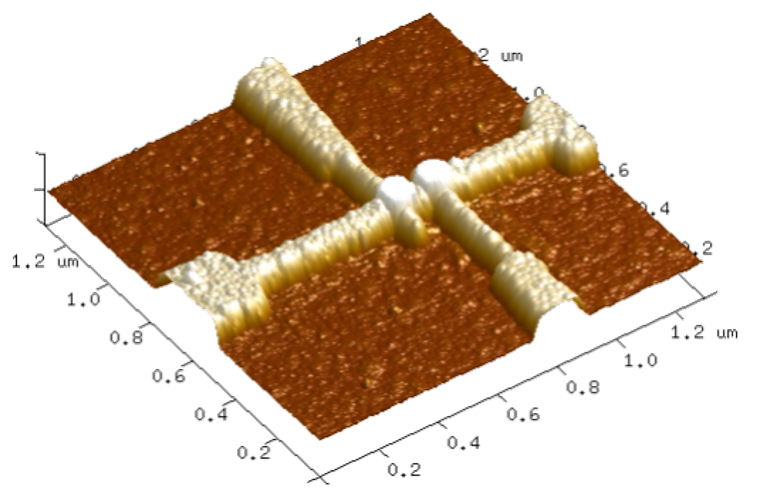
Low-power, CMOS-like alternative devices
The research has been focused on the development of single-electron transistors (SET) for miniaturized electronic systems with a very low energy consumption. The current activity includes new topologies for transistor integration, such as stacked transistors on vertical nanowires.
Semiconductor-based quantum technologies
The activities are oriented towards the development of technologies for semiconductor-based quantum computing, within the national project Q-TECH and the Horizon Europe Qu-Pilot Framework Partnership Agreement and its Qu-Pilot Specific Partnership Agreement on supporting experimental production capabilities for quantum technologies in Europe.
